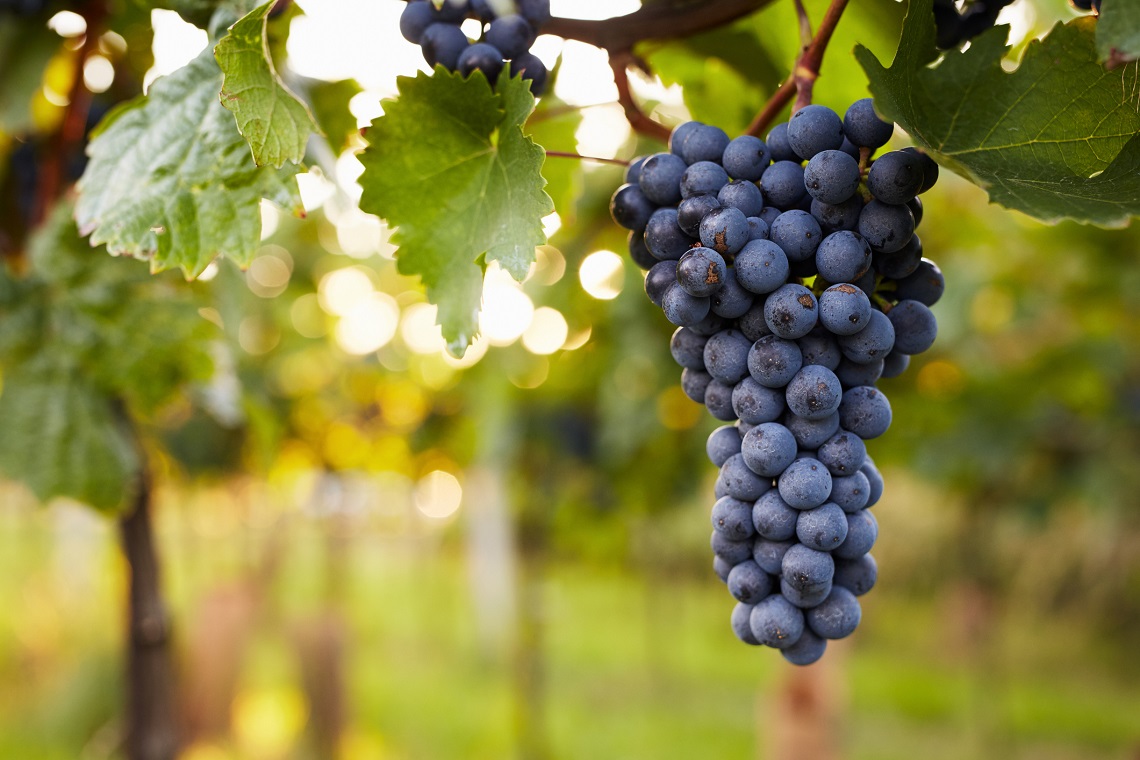Last month, Wine Australia brought together a collection of leaders from some of Australia’s largest wine companies, for what it called ‘the Australian wine sector CEO and Managing Director summit.‘
This week the group released a joint statement to announce the commitments it discussed at the summit.
The statement said: “With years of accumulating challenges including inflationary pressures, significant tariffs, shipping delays, an imbalance in supply and demand and COVID-19, we are concerned by the current state of the sector and know that we have a collective responsibility to lead the changes required.
“Equally, we are very optimistic about the opportunities available to our diverse and talented sector.”
Four themes were discussed by the group: future proofing the supply base; enhancing the quality, value and image of Australian wines; meeting the requirements of markets for environmental, social and corporate governance (ESG) standards; and meeting the needs of consumers through product innovation.
From these themes, the group committed focus, effort and resources to supporting the following initiatives:
- Adopting a sector-wide approach to our ESG standards and highlighting the role Australian vineyards and landscapes can play in emissions management.
- Taking a united, collective approach to building brand Australia with respect to wine and creating a mid-strength category, aligned to market and consumer trends.
- Building a shared data platform that will improve transparency and aid timely decision making for stakeholders across the sector.
Signatories to the statement said they are aligned on the “importance of taking shared responsibility” for the health of the Australian wine sector, and aim to come together to cause tangible change.
There were 16 signatories to the statement – Andrew Calabria (Calabria Family Wines), Bob Berton (Berton Vineyards), Dean Carroll (Brown Family Wine Group), John Casella (Casella Family Brands), Darren De Bortoli (De Bortoli), Andrew Forbes (Zilzie Wines), Tim Ford (Treasury Wine Estates), Bryan Fry (Pernod Ricard Winemakers), Craig Garvin (Australian Vintage Limited), Karl Martin, Hill-Smith Family Estates), Bill Moularadellis (Kingston Estate Wines), Brigid Nolan (The Wine Group), Ed Peter (Duxton Vineyards), Martin Cole (Wine Australia), Lee McLean, (Australian Grape & Wine) and John Hart (Australian Grape & Wine).
Criticism about the summit has risen since the statement was released, particularly regarding the topic of diversity – of the 16 signatories listed above, there was only one female.
Jane Thomson, Founder of the Fabulous Ladies Wine Society and Chair of the Australian Women in Wine Awards, said it was disappointing to see a male-dominated committee with “the issue of diversity and equality nowhere to be seen on their agenda.”
In a statement responding to the summit news, Thomson said: “How on earth is this still happening? It’s actually an embarrassment. Worse still, this as yet unnamed and unjustified committee (do we even need it? We have national, state and regional bodies already) of ‘bosses’ believes we have already achieved a ‘diverse and talented sector.’
“Diverse? How can they be this wilfully ignorant? And did they not even realise how ridiculous that would sound coming from a group of this makeup?
“Wine Australia has budgeted zero dollars to tackle the issue of diversity in 2023. But somehow it can still find the money to create new committees of powerful men to help determine our future. This needs to change.”
When asked about this diversity criticism, Wine Australia’s CEO, Dr Martin Cole, said: “At Wine Australia, we engage the Australian grape and wine community broadly and in a number of ways to inform our priorities and ensure grapegrowers, winemakers and exporters are getting benefit from the levies they pay.
“The CEO Group is just one of many diverse groups that Wine Australia is consulting with in support of the development of a ‘One Sector Plan’ with Australian Grape & Wine. These consultations include representative industry bodies, state and regional associations, government, grower groups and individual levy payers.”

